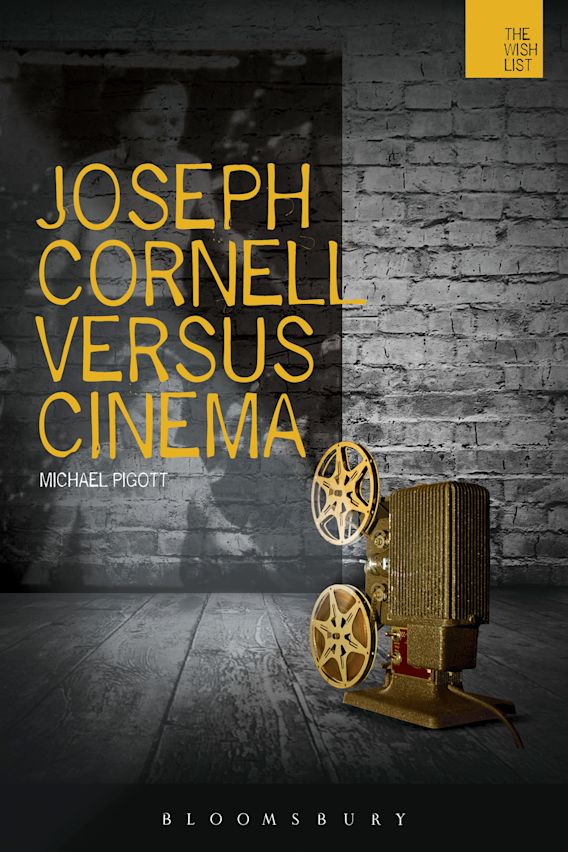Joseph Cornell Versus Cinema
Joseph Cornell Versus Cinema (Bloomsbury, 2013) uses the experimental film work of the American artist Joseph Cornell as a novel means to engage with our contemporary mediascape. It examines Cornell’s filmmaking on its own terms, as a series of innovative, idiosyncratic and seminal engagements with the medium of film, and presents them as a significant contribution to twentieth century avant-garde cinema. I argue that Cornell’s film work is highly significant in terms of understanding how we relate and have related to moving images in both the twentieth and twenty-first centuries. The book traces some of the key themes running through the artist’s film work – found footage; texture and affect; and time and the everyday – revealing the extent to which Cornell was ahead of his time in establishing radically new terms of aesthetic and cultural engagement and valuation. Key questions addressed in Cornell’s film work include the role of the spectator as an active participant and the nature of knowledge transfer, understanding and aesthetic experience.
Find out more on the Joseph Cornell Versus CinemaLink opens in a new window page on the Bloomsbury website.
Read a review of the monograph by Glyn Davis in the journal Screen: https://muse.jhu.edu/article/609130Link opens in a new window

